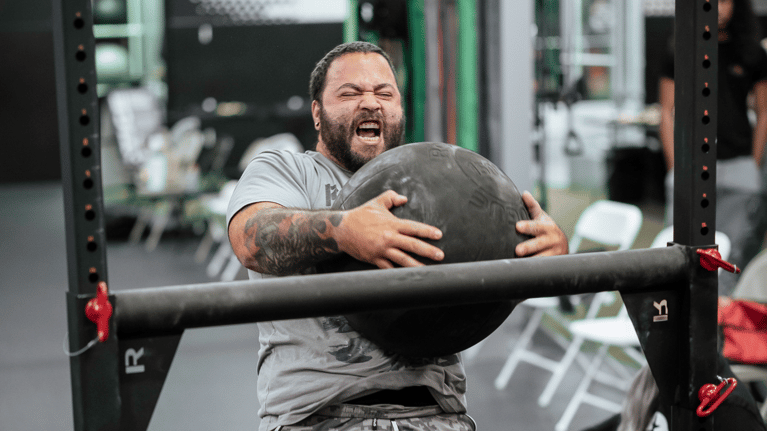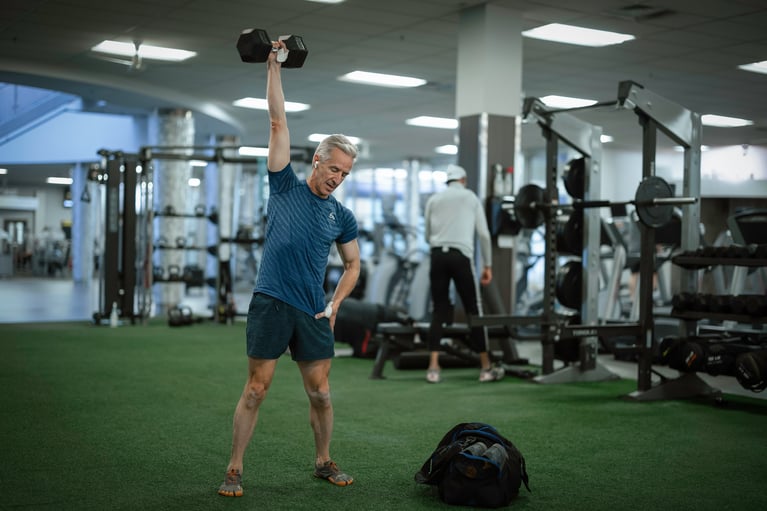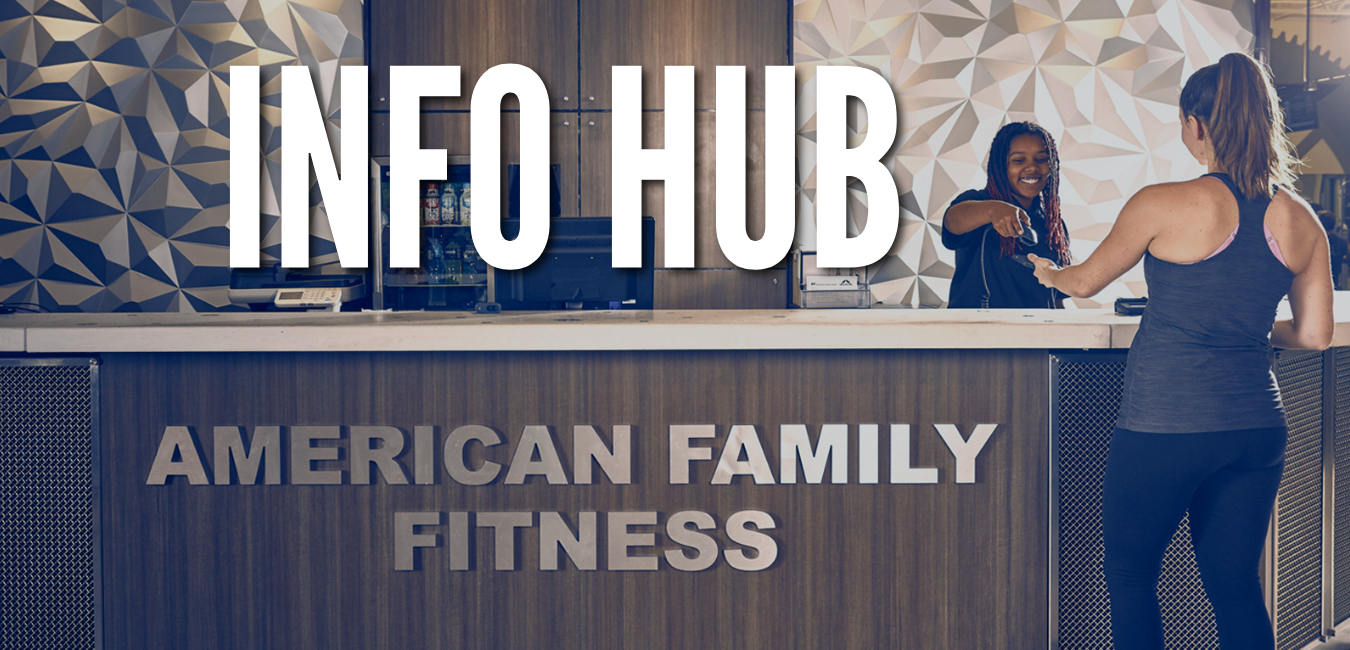Water promotes healthy skin, helps prevent afternoon fatigue, and—when served cold—helps keep you cool. Because being in hot weather increases fluid losses, it’s easy to become dehydrated in the summertime, especially if you exercise in the heat.
To determine your fluid needs during the hot summer months, start by calculating your base fluid needs using the following equations:
- If you exercise fewer than 2 times per week, multiply your weight in pounds by 0.5. For example, if you weigh 150 pounds and exercise 1 time per week, your base fluid needs would be 75 ounces or about 9 ½ cups.
- If you exercise 2 or more times per week, multiply your weight in pounds by 0.66. That means if you weigh 150 pounds and exercise three times per week, your base fluid needs are 100 ounces or 12 ½ cups.
Then add:
- 2 cups to your base fluid needs if you are pregnant or nursing, you are outside and the temperature is hotter than 80°F, or you have a history of kidney stones or urinary tract infections.
- For every 8 ounces of caffeinated beverages consumed including coffee and tea, drink an additional 4 ounces of water. For each alcoholic beverage, add 4 ounces of water.
- If you work out at high intensity on a regular basis, follow hydration guidelines for athletes, which includes drinking 16 ounces of water one hour before exercise, 4-8 ounces of water every 15 to 20 minutes during exercise, and an additional 8 ounces of water within half an hour of finishing your work out.
Article contributed by
Pam Speich
Pam Speich is a Registered Dietitian who graduated from Carson Newman College with a Bachelor of Science Degree with Honors in Foods and Nutrition with an Emphasis in Dietetics. She completed her Dietetic Internship at Vanderbilt University Medical Center and earned the credentials of Registered Dietitian in 2000. In March 2018, Pam became a certified personal trainer. Pam’s experience includes nutrition counseling, wellness program development, public speaking, wellness research and writing, sales and marketing, and food labeling. Her areas of nutrition specialty include weight loss, heart-healthy diets, diabetes, celiac disease, food allergies and intolerances, and low thyroid conditions. What Pam loves most about being a dietitian is the opportunity to witness lives changed for the better through the power of food.







